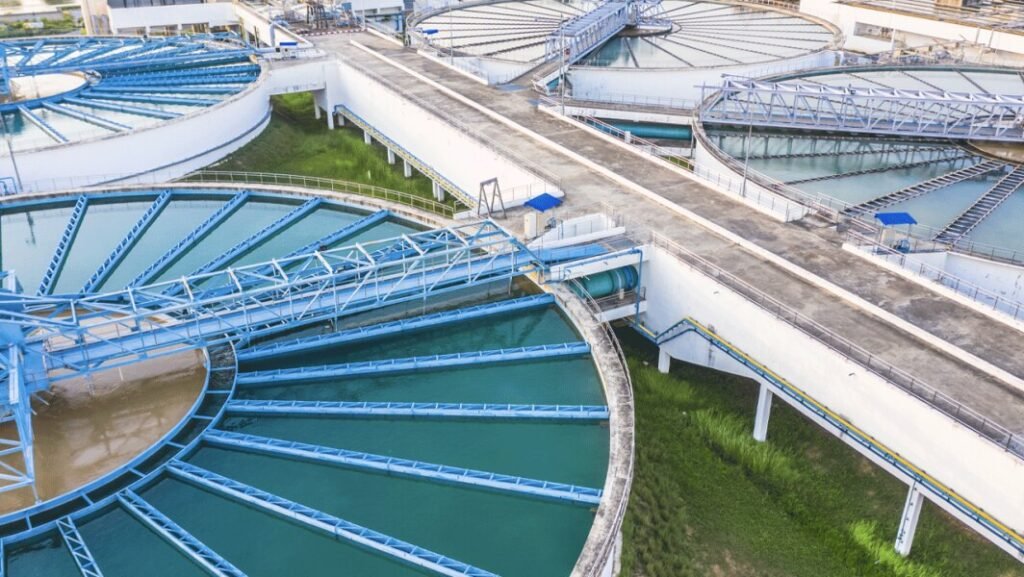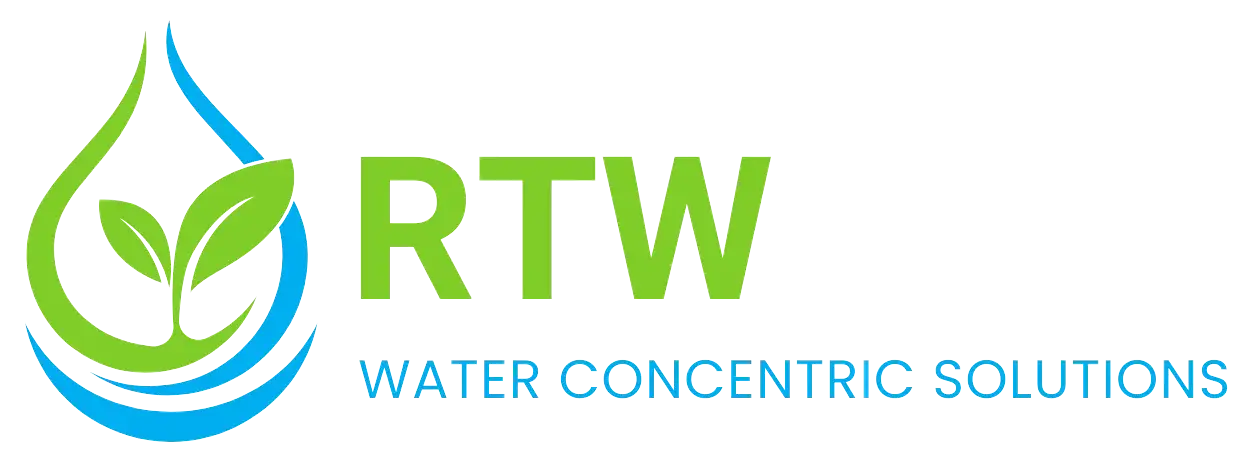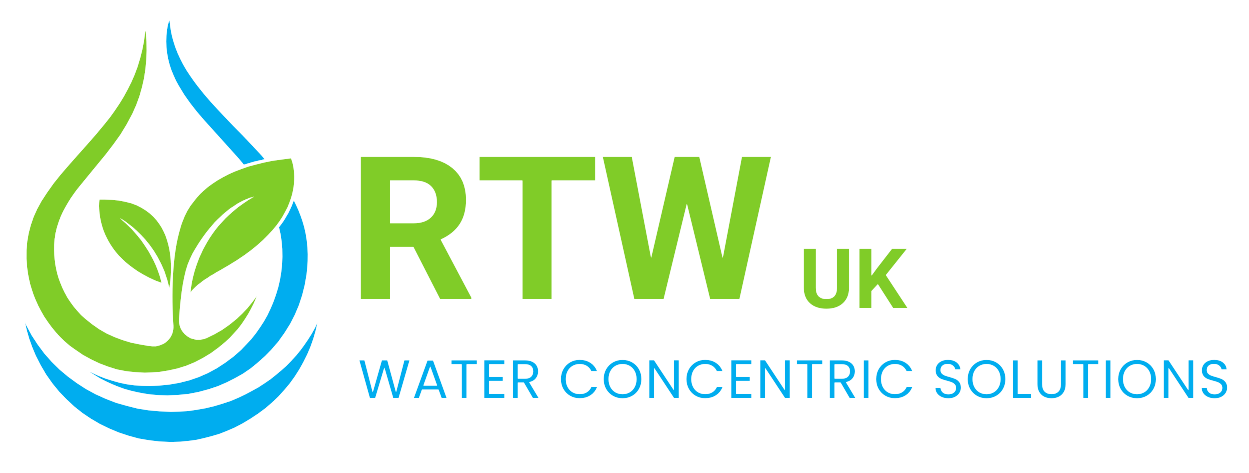Industrial Waste Water Treatment in Oman
- Industrial Waste Water Treatment in Oman
Industrial Waste Water Treatment in Oman
RTW addresses the need for industrial water treatment by offering purpose-built solutions for businesses operating across Oman’s diverse industrial zones. Our commitment to environmental safety, regulatory compliance, and water reuse is reflected in every project we deliver.
We help industries minimize risks, comply with national regulations, and achieve long-term sustainability without overcomplicating the process. Our approach is practical, proven, and designed for real-world conditions.

Real Solutions for Wastewater Treatment Challenges
RTW applies structured and effective methods to treat industrial wastewater across Oman. Each solution is developed using strict quality standards and reflects the real-world needs of industries across the region. The following approaches explain how we handle treatment challenges with clarity and precision.
Biological and Chemical Treatment Integration
RTW combines biological processes with chemical methods to handle a wide range of contaminants. This allows for improved breakdown of organic matter and removal of harmful chemicals.
Membrane Filtration Systems
We use high-performance membrane systems to separate solids from liquids. These are effective for industries requiring a higher level of filtration before water can be reused or discharged.
Electrocoagulation and Electrooxidation
Electrochemical processes help in breaking down dissolved particles and disinfecting wastewater. RTW applies these methods when traditional chemical treatments are insufficient.
Primary Wastewater Screening and Settling
For facilities needing the primary treatment of wastewater sewage, we offer robust screening and sedimentation systems. These remove larger solids and prepare the water for advanced treatment stages.
Custom Configurations Based on Industry
RTW evaluates each facility’s flow rate, discharge limits, and waste load before configuring the treatment plant. This ensures the right wastewater treatment working models are applied from the start.
Foundational Stage of Wastewater Treatment
Primary treatment acts as a protective barrier for all subsequent processes. By separating solids early on, it reduces the workload on biological and chemical systems. This stage relies mostly on physical principles, supported in some cases by chemical additives, to deliver high-impact results with minimal energy consumption.
Debris Interception Through Screening
The process begins with the mechanical removal of solid waste. Bar screens, ranging from coarse to micro in size, extract plastics, textiles, and fibrous materials. These units often operate with automated cleaning tools, ensuring consistency while minimizing manual intervention or plant disruption.
Grit Management Units
Grit chambers play a strategic role in isolating heavier particles such as gravel, broken glass, and inorganic dust. These materials are too abrasive for conventional equipment. Depending on hydraulic requirements, treatment plants use horizontal-flow, aerated spiral, or vortex-based grit chambers to isolate and collect these particulates.
Clarification by Settling
Once grit is removed, wastewater flows into clarifiers designed for controlled sedimentation. In these tanks, heavier solids settle as sludge while lighter matter, like fats and oils, float and are skimmed. The use of rotating arms or linear scrapers ensures steady and efficient removal without affecting retention time.
Enhanced Settling via Chemical Addition
In facilities where finer particles remain, a chemical boost is applied. Coagulants alter particle charges, making it easier for flocculants to bind them into flocs. These heavier clusters settle rapidly, improving pollutant removal and reducing the load for secondary biological treatment systems.
Industrial Waste Water Treatment Across Oman
Oman’s industrial zones, from coastal refineries to inland manufacturing hubs, face vastly different water challenges. Salinity, temperature, and effluent type vary by region. RTW adapts solutions based on local conditions. We deploy modular and scalable systems that work across diverse environments, even in high-stress sites like Sohar or Duqm.
Each region presents its own obstacles and opportunities. That’s why having trusted wastewater treatment services in Oman is essential. RTW works across all major cities, ensuring complete service coverage for factories, refineries, and food processing plants.
Muscat: Capital projects that demand regulatory precision and tight space planning.
Sohar: Port city with high-volume discharge requiring robust biological and chemical systems.
Duqm: Industrial free zone with complex waste streams needing modular scalability.
Salalah: Coastal challenges include marine discharge sensitivity and high evaporation rates.
Nizwa: Inland projects that require energy-efficient and low-maintenance solutions.
Why RTW?
Choosing a partner for industrial wastewater treatment should never be rushed. Systems that look fine on paper often fail under real-world conditions. The core focus at RTW is on practicality. That means systems that operate consistently and meet every legal requirement in Oman.
Our engineers build and test each system with one thing in mind, and that is results. We support our clients at every stage, from site assessment and design to system integration and post-installation training.
Trusted by Industries Across the Middle East
RTW is more than a service provider. We’re a consistent force in wastewater treatment in the Middle East industrial zones. Whether it’s oil and gas, food processing, or chemical manufacturing, we’ve delivered scalable, resilient systems for critical operations.
Across borders and industries, our approach stays the same: understand the site, define the objective, and build a working system.
In Oman, we’ve earned the trust of heavy industries because we deliver what we promise—reliable, compliant, and future-ready wastewater systems. This is what sets us apart from most wastewater treatment companies that offer standard solutions without regard to real-world challenges.
Call RTW Today for Industrial Wastewater Treatment Solutions in Oman
Getting your wastewater system right saves money, protects your reputation, and keeps your operation running smoothly. RTW stands out among wastewater treatment companies in Oman because we deliver systems that work, not just today but for years ahead.
From a full-scale industrial wastewater treatment plant in Oman to modular add-ons and audits, we are your single-point partner. Speak to an expert today and take the first step toward reliable, regulation-ready treatment systems.
FAQs
Frequently Asked Questions
Routine servicing every 6 to 12 months is usually recommended, depending on the system and industry.
Yes, treated water can be used for cooling, irrigation, or even flushing systems, depending on the treatment level.
Cost depends on flow volume, contaminants, and location. A site survey gives a more accurate estimate.
No, most factories require secondary or even tertiary treatment to meet discharge standards.
Yes, especially for the food and beverage industries where organic loads are high.

